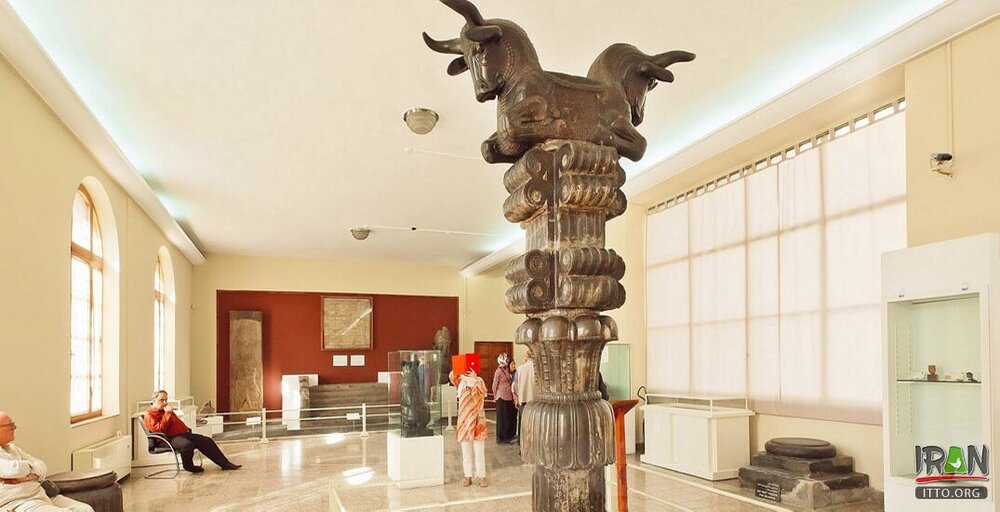ICOM calls for urgent relief funds to tackle impact of coronavirus

TEHRAN – The International Council of Museums (ICOM) has called on policy and decision-makers to urgently allocate relief funds to tackle the impact of the coronavirus outbreak on museums and their staff as an essential part of the identity of the peoples and nations.
“ICOM, representing the international museum community, calls on policy and decision-makers to urgently allocate relief funds to salvage museums and their professionals, so they can survive the lockdowns and continue their vital public service mission once it is over, for the generations to come,” the council announced in an statement on April 2.
“The healing process of our societies after the COVID-19 crisis will be long and complex. Museums, as incomparable places of meeting and learning for everybody, will have an important role to play in repairing and strengthening the social fabric of communities affected.”
Elsewhere in the statement the council expresses its deep sorrow and its solidarity with the people affected all over the world by the COVID-19 pandemic, noting: “We mourn the loss of lives and send our deepest condolences to those who have lost loved ones to the virus. We thank the health professionals, who risk their own lives battling the pandemic in the frontline, for their unparalleled efforts, and the international scientific community, who is tirelessly working to find a cure.”
“Governments all over the world have taken necessary measures to stop the virus from spreading, by closing schools and public spaces, and decreeing curfews. Two billion people have been confined to their homes, and the number keeps growing. They see not only their health but their livelihood threatened. As factories and stores are closed, and travels are banned, the global economy finds itself at the edge of a profound recession. The cultural sector, fiercely affected by the lockdown of museums, libraries, cinemas, theatres and others, will face losses that can permanently ruin the cultural landscape of entire communities and countries,” part of the statement reads.
“Understanding that the priority is to ensure the health and economic safety of the populations affected, we express our concern regarding the future of museums and the invaluable cultural heritage they hold – an essential part of the identity of the peoples and nations and a vital element for the communities they serve. As repositories of scientific knowledge ac-cumulated for centuries, their role is key in the future of humanity, especially in times of uncertainty such as the ones we live today.”
ICOM also says that it will closely pursue the request to reassure the fate of cultural heritage museums.
“We will collaborate with national and regional governments, as well as with our partner institutions and other international organizations to ensure the future of museums.”
ICOM is tasked to the conservation, continuation and communication to society of the world’s natural and cultural heritage, present and future, tangible and intangible.
AFM/MG
